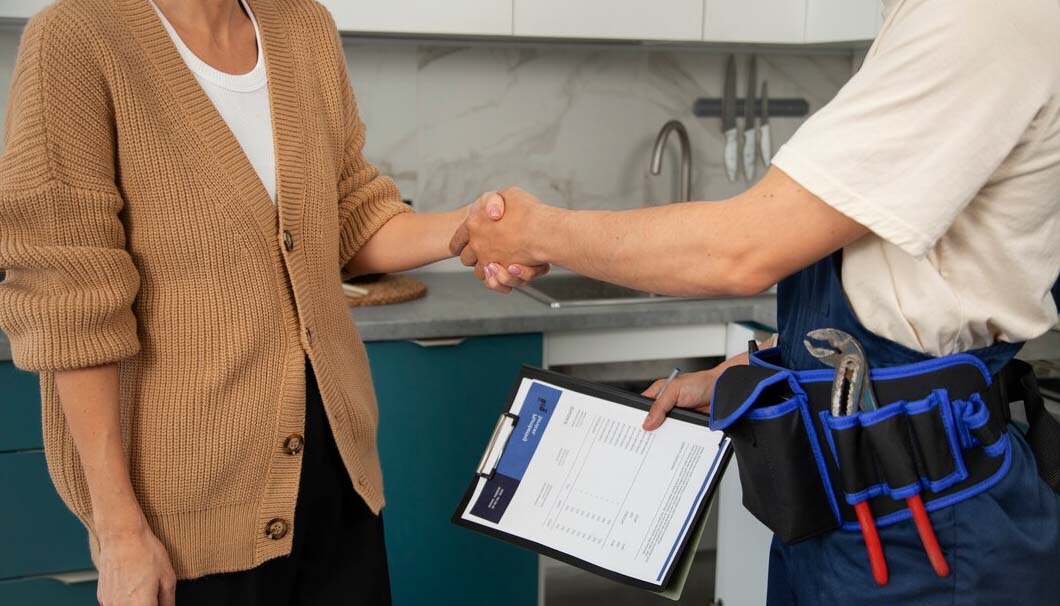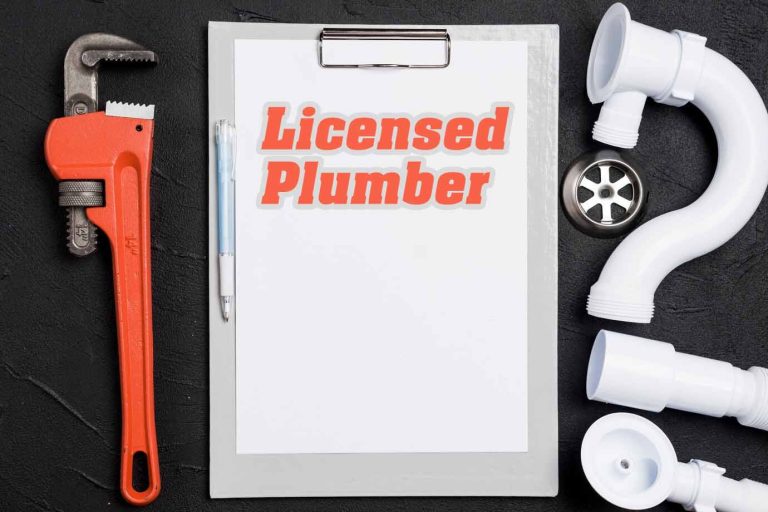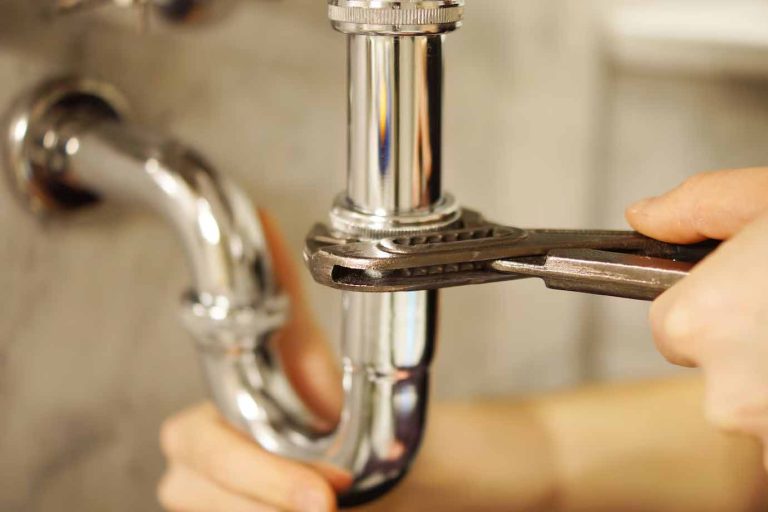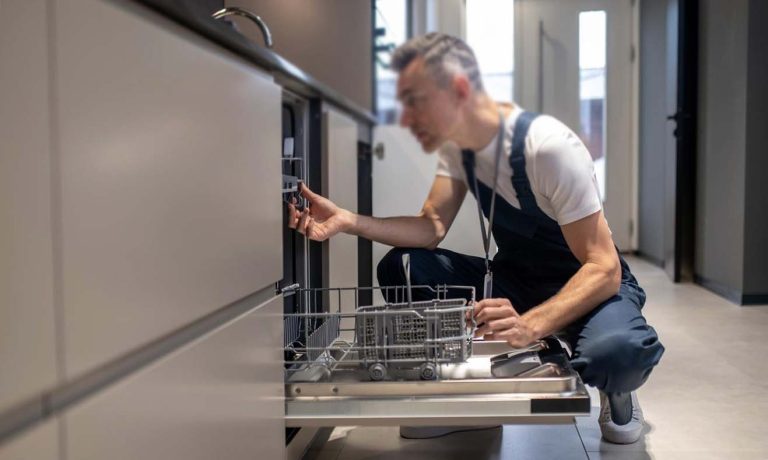Plumbing License Requirements for All 50 States: Complete Table Guide 2025
If you’re considering a career in plumbing, obtaining the proper plumbing license is essential. Plumbing is a regulated trade in most states, and proper licensing ensures safety, legal compliance, and higher earning potential. Each state has different plumbing license requirements, including education, apprenticeships, examinations, and work experience.
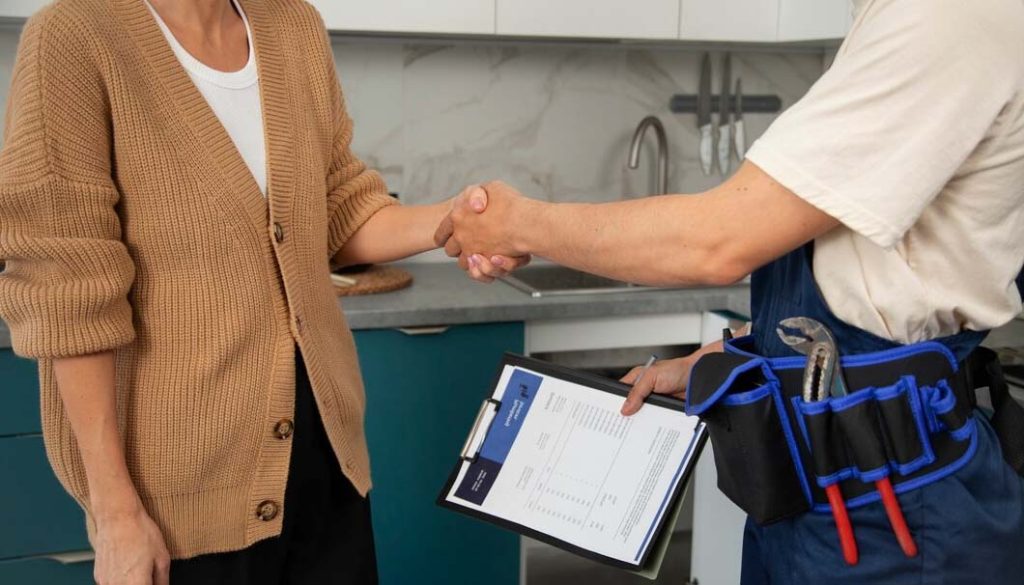
This comprehensive guide covers everything you need to know about plumbing licensing requirements in all 50 states, including:
- State-by-state licensing requirements
- Licensing exam details
- Work experience and education requirements
- Fees, renewal periods, and reciprocity agreements
- How to advance from journeyman to master plumber
Whether you’re just starting or looking to upgrade your license, this guide will help you navigate the process.
Table of Contents
Why Plumbing Licenses Are Important
Legal Requirement
Most states require plumbers to hold licenses to perform work legally. Unlicensed plumbing work can result in fines, revoked permits, or the inability to secure jobs.
Increased Earning Potential
Licensed plumbers typically earn 20-30% more than unlicensed workers. A master plumber or plumbing contractor can earn over $100,000 annually.
Career Growth Opportunities
A plumbing license allows you to:
- Work on more significant projects (commercial, industrial, and government contracts)
- Pull permits for plumbing work
- Start your own plumbing business
- Supervise apprentices and train new plumbers
General Plumbing Licensing Process
While each state has different requirements, most follow a general pathway:
Step 1:
Meet Basic Education Requirements
Most states require at least a high school diploma or GED. Some may allow trade school education to count toward required work hours.
Step 2:
Enroll in a Plumbing Apprenticeship
An apprenticeship combines paid work experience with classroom training. Most states require 4,000–10,000 apprenticeship hours (2–5 years).
Step 3:
Apply for a Journeyman Plumbing License
After completing apprenticeship hours, candidates must pass a licensing exam covering plumbing codes, safety regulations, and blueprint reading.
Step 4:
Gain Experience as a Journeyman Plumber
Journeyman plumbers work independently but cannot run their businesses. They must complete additional work hours before applying for a master plumber license.
Step 5:
Obtain a Master Plumber License
Master plumbers have more job flexibility and earning potential. They must pass an advanced licensing exam and meet state-specific requirements.
Plumbing License Requirements by State
Each state has unique plumbing licensing requirements. Below is a state-by-state breakdown of plumbing license requirements in the U.S.
| State | License Levels | Work Experience Required | Exam Required? | Reciprocity |
|---|---|---|---|---|
| Alabama | Journeyman, Master | 4,000-8,000 hours | Yes | No |
| Alaska | Journeyman, Master | 8,000 hours | Yes | Limited |
| Arizona | Journeyman, Master, Contractor | 4,000+ hours | Yes | Yes |
| Arkansas | Journeyman, Master | 4,000-8,000 hours | Yes | No |
| California | Journeyman, C-36 Contractor | 4 years of experience | Yes | No |
| Colorado | Residential, Journeyman, Master | 2-5 years | Yes | Yes |
| Connecticut | Journeyman, Contractor | 8,000 hours | Yes | Yes |
| Delaware | Journeyman, Master | 7 years | Yes | Yes |
| Florida | Registered, Certified Contractor | 4 years | Yes | Limited |
| Georgia | Journeyman, Master | 3-5 years | Yes | Limited |
| Hawaii | Journeyman, Master | 5 years | Yes | No |
| Idaho | Journeyman, Master | 8,000 hours | Yes | Yes |
| Illinois | Journeyman, Master | 4-6 years | Yes | No |
| Indiana | Journeyman, Master | 4,000-8,000 hours | Yes | Limited |
| Iowa | Apprentice, Journeyman, Master | 4-5 years | Yes | Yes |
| Kansas | Varies by county | County-regulated | Varies | No |
| Kentucky | Journeyman, Master | 2-5 years | Yes | Yes |
| Louisiana | Journeyman, Master | 8,000 hours | Yes | No |
| Maine | Journeyman, Master | 4,000-8,000 hours | Yes | Yes |
| Maryland | Journeyman, Master | 7,500+ hours | Yes | Yes |
| Massachusetts | Apprentice, Journeyman, Master | 8,000 hours | Yes | No |
| Michigan | Journeyman, Master | 6,000+ hours | Yes | No |
| Minnesota | Journeyman, Master | 4-5 years | Yes | Yes |
| Mississippi | Journeyman, Master | 2-5 years | Yes | Limited |
| Missouri | Varies by city | City-specific | Varies | No |
| Montana | Journeyman, Master | 5 years | Yes | No |
| Nebraska | Journeyman, Master | 3-5 years | Yes | Yes |
| Nevada | Journeyman, Master | 4,000+ hours | Yes | Yes |
| New Hampshire | Journeyman, Master | 8,000 hours | Yes | No |
| New Jersey | Journeyman, Master | 5 years | Yes | Yes |
| New Mexico | Journeyman, Master | 4-6 years | Yes | Limited |
| New York | Varies by city | Local licensing | Varies | No |
| North Carolina | Journeyman, Master | 4,000+ hours | Yes | Yes |
| North Dakota | Journeyman, Master | 4,000-8,000 hours | Yes | Yes |
| Ohio | Journeyman, Master | 5 years | Yes | Yes |
| Oklahoma | Journeyman, Master | 4,000+ hours | Yes | Yes |
| Oregon | Journeyman, Master | 4 years | Yes | Yes |
| Pennsylvania | Varies by county | Local licensing | Varies | No |
| Rhode Island | Journeyman, Master | 5 years | Yes | No |
| South Carolina | Journeyman, Master | 4,000+ hours | Yes | Limited |
| South Dakota | Journeyman, Master | 5 years | Yes | Yes |
| Tennessee | Journeyman, Master | 4,000+ hours | Yes | Yes |
| Texas | Journeyman, Master | 8,000+ hours | Yes | Yes |
| Utah | Journeyman, Master | 4,000+ hours | Yes | Yes |
| Vermont | Journeyman, Master | 5 years | Yes | Yes |
| Virginia | Journeyman, Master | 4,000+ hours | Yes | Limited |
| Washington | Journeyman, Master | 8,000 hours | Yes | Yes |
| West Virginia | Journeyman, Master | 5 years | Yes | Yes |
| Wisconsin | Journeyman, Master | 4-5 years | Yes | Yes |
| Wyoming | Journeyman, Master | 4,000-8,000 hours | Yes | No |
Plumbing licenses are required in most states and help ensure quality artistry, compliance with safety standards, and higher career opportunities.
If you’re ready to start your journey, apply for a plumbing apprenticeship or check your state’s licensing board for exact requirements.


